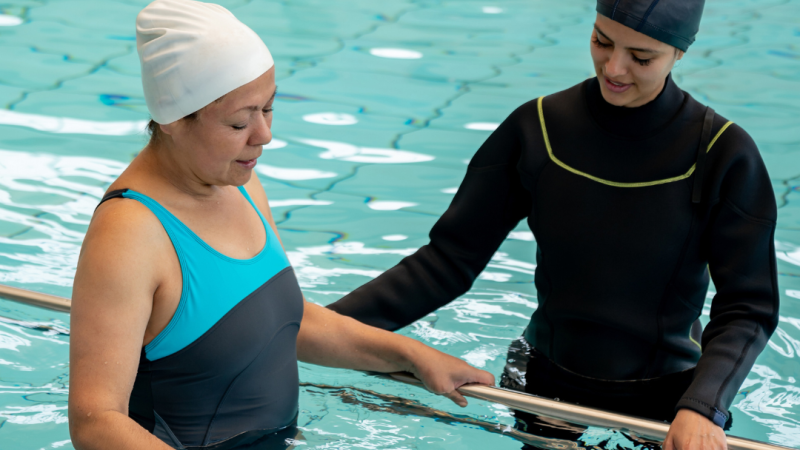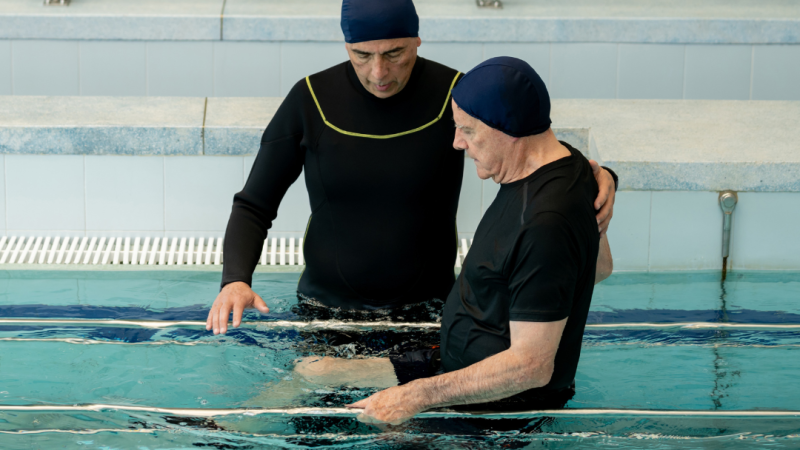How NDIS Personal Trainers Help Individuals with ADHD Stay Active & Focused
Stay active, stay focused! NDIS Personal Trainers provide tailored fitness programs that help individuals with ADHD improve attention, energy, and well-being. With expert support, exercise becomes a powerful tool for better daily functioning. Discover how structured movement can make a difference—read more!

